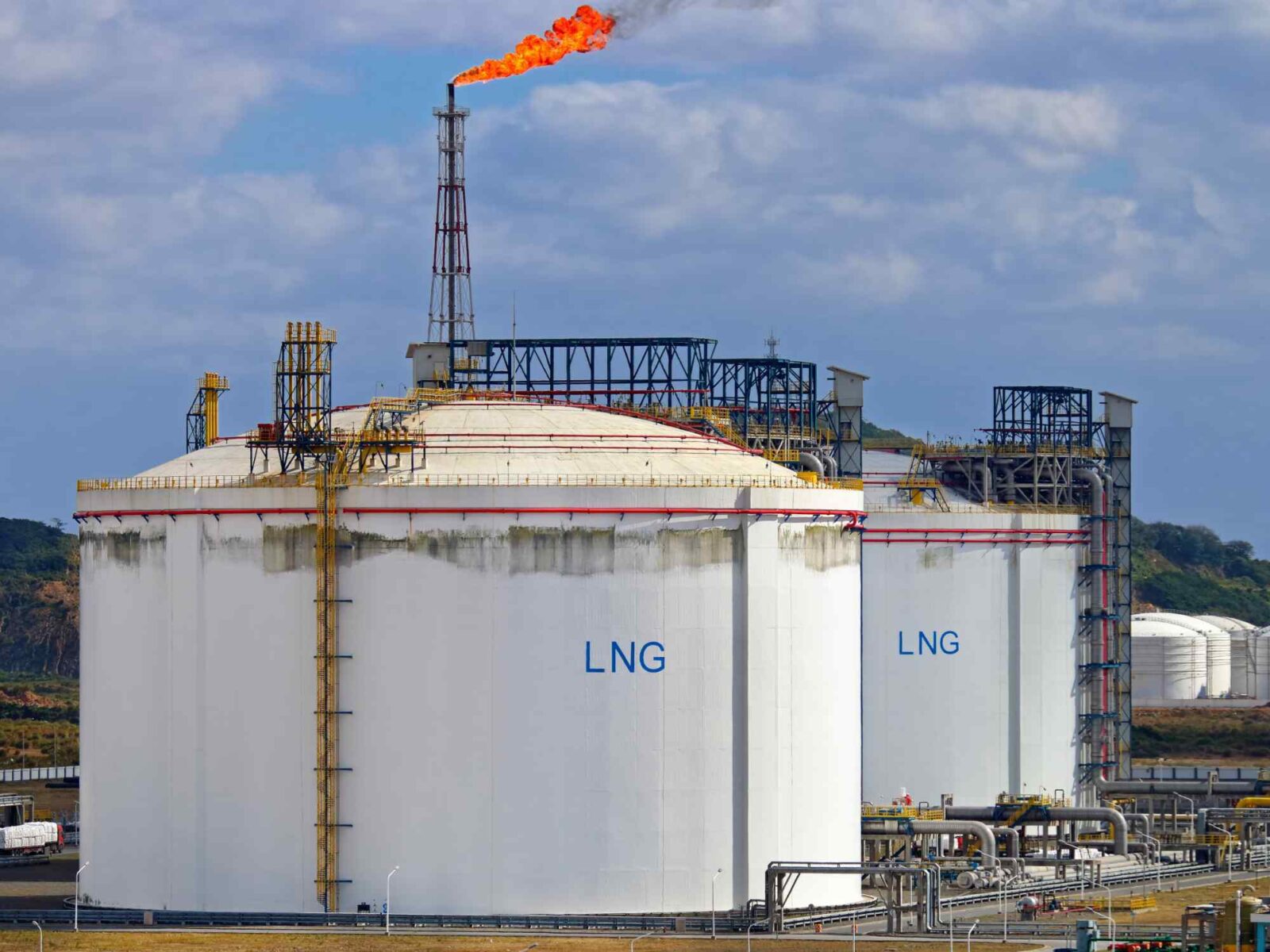Warsaw Climate Talks: Top 5 Things You Need to Know
Shana DeClercq
|December 5, 2013

This U.N. Conference of Parties (COP 19) was no party. As representatives from the world’s major governments came together in Warsaw in the immediate aftermath of Typhoon Haiyan, Poland doubled-down on its commitment to coal energy, and demoted the head of the entire climate talks in favor of a minister more closely associated with fracking. Not a good sign.
Let’s get to your key takeaways from COP 19:
5. The blame game
There is a huge gap in understanding between developed countries and developing countries. About who’s to blame. About a plan to get to 2020 targets. About compensation for climate disruption.
Blame: Annex B (developed countries that signed the 1997 Kyoto Protocol) and non-Annex B countries (which were considered less developed back then) are not seeing eye to eye here. The Washington Post writes: “In short: (historically) poor countries argue that richer countries are responsible for most of the carbon-dioxide already in the atmosphere, so they should pay for the damage caused by global warming. The rich countries, for their part, point out that you also have to look at future emissions when divvying up blame.” In fact, fast-growing nations like China and India are catching up and even exceeding Annex B countries (China has led the world in carbon emissions since 2008).
Adaptation and Compensation: Developed countries had already pledged in 2009 to put together a $100 billion fund to help developing countries adapt to a climate-altered world. In Warsaw, developing countries called for a roadmap and concrete pledges to get that $100 billion in place. The parties also agreed to pay “loss and damage” from climate-caused extreme weather events in developing countries. But critics say this language is already in the pre-existing international treaties and that nothing new was achieved to provide emergency funds for the catastrophic events likely to occur in coming years.
(Read more on adaptation and damage funding at American Progress.)
4. The timeline is getting shorter.
2020 sounded so far away back when climate talks first started in 1992. But here we are in 2013, and 2020 is right around the corner. These talks were mainly about establishing a plan to get to 2015 negotiations (that won’t go into effect until 2020). Each country is supposed to propose their plan in early 2015, with the thought that 6 months is enough time to bring those plans into compliance with the science. The next climate talks are in December 2015 in Paris, and at that time, finally, all the countries of the world (both developing and developed) will (hopefully) sign on to binding emissions reduction targets. The problem is, December 2015 is even closer to 2020 than we are now.
3. Did all those negotiations really come down to one word? Yes.
Agreements came, as always, at the last minute – after 36 hours of non-stop negotiations! (Did anyone stay awake that whole time?) There has been intense tension between ”developing” countries that have been excused from carbon reductions since Kyoto (China and India, as well as “like-minded countries” with major fossil fuel reserves such as Venezuela, Saudi Arabia, Bolivia and Malaysia) and developed countries, led by the US and the EU. After intense, last-minute negotiations, the parties agreed to a change of wording from “commitments” to “contributions” on carbon reductions – meaning that everyone has to do something, but that something doesn’t have to be equal for developed and developing nations.
2. Science is taking a back seat to politics.
There is a significant gap between emissions reductions countries have agreed to, and the total emissions reduction we need to halt global temperature increase at 2 degrees Celsius by 2050. If you compare: the path we need to be on to cap carbon at 44 gigatons of CO2 equivalent (GtCO2e) in 2020 (which is the agreed-upon limit to cap global temperature increase at 2 degrees Celsius) vs. countries’ current climate reduction pledges through 2020 (which cap emission at 56-52 GtCO2e), there is a gap of 8-12 GtCO2e (read more in the latest analysis from the U.N.). And that doesn’t even address the problem of growing emissions between now and 2020 – we’re currently on the highest emission pathway modeled by the IPCC.
And, the number one thing you need to know about international climate talks is…
1. You – yes, you – can make a difference.
When the leaders of the major countries of the world cannot agree on a path forward, it can feel like nothing will work. Or that if these important people are slow to effect change, what can you do?
 Every major change in history has required that everyday people create the broad political will to drive their countries forward. Your action is needed now! You can:
Every major change in history has required that everyday people create the broad political will to drive their countries forward. Your action is needed now! You can:
-
-
Join or start a green team at your school or in your community, to cut carbon emissions right in your own backyard.
-
-
-
Convince five friends to join your green team.
-
-
-
Work to elect leaders (city, state or federal) who will fight against out-of-control carbon emissions and push hard for our transition to a renewable economy.
-
-
-
Get into college, and learn the skills you need to join the new green economy. Whether you want to invent a new kind of solar panel, go to Washington D.C. to change the politics of energy, or create music to move a generation.
-
-
-
Join ACE’s Right to Know campaign: Declare that you “have the right to know that climate change is happening, that its impacts will affect us all within our lifetimes and beyond, and that solutions to this challenge exist right now.” Get 5 friends to join. And each of them will get 5 friends to join… and this is how you build a movement.
-
Join our Youth Action Network
More Blog Posts

Our Climate Wins Were on Display at the State of the Union
Today, the Biden Administration temporarily halted all pending decisions on 17 Liquefied “Natural” Gas (LNG) projects across the Gulf South.
Read More
ACE Honored As An Anthem Awards Finalist
Action for the Climate Emergency (ACE) announced today that it won Bronze in Best Use of AI at the 3rd …
Read More
BREAKING: Biden Halts LNG Export Expansion
Today, the Biden Administration temporarily halted all pending decisions on 17 Liquefied “Natural” Gas (LNG) projects across the Gulf South.
Read More